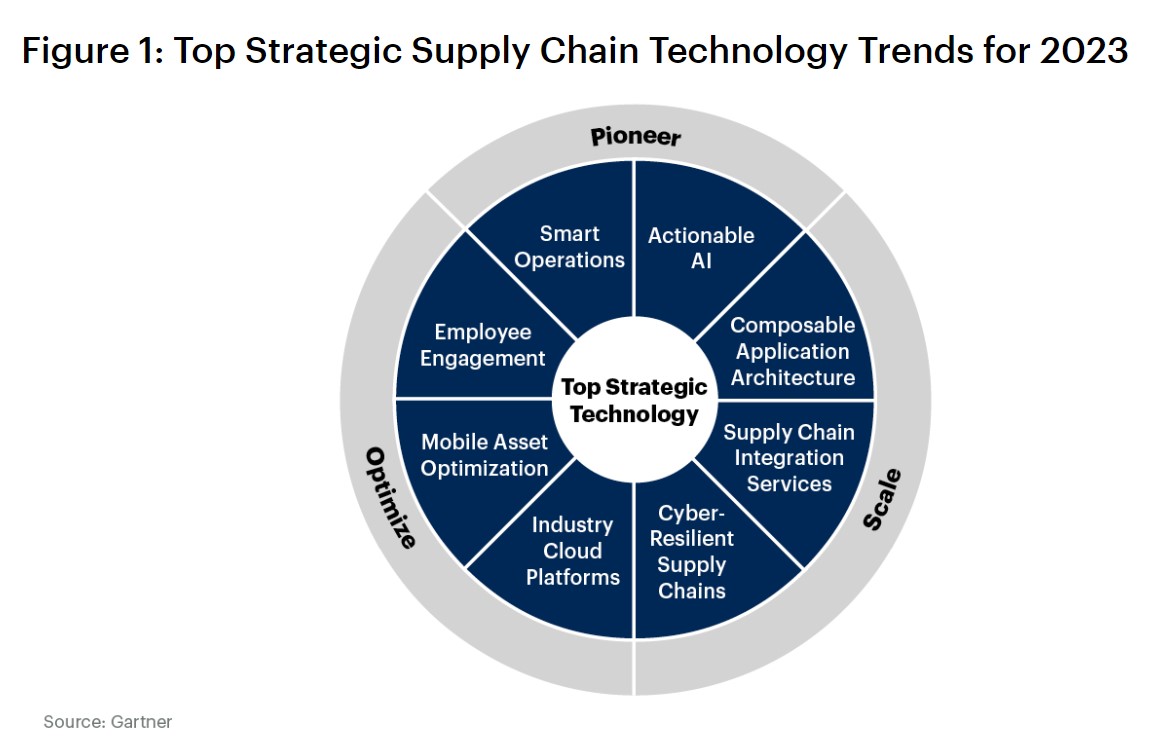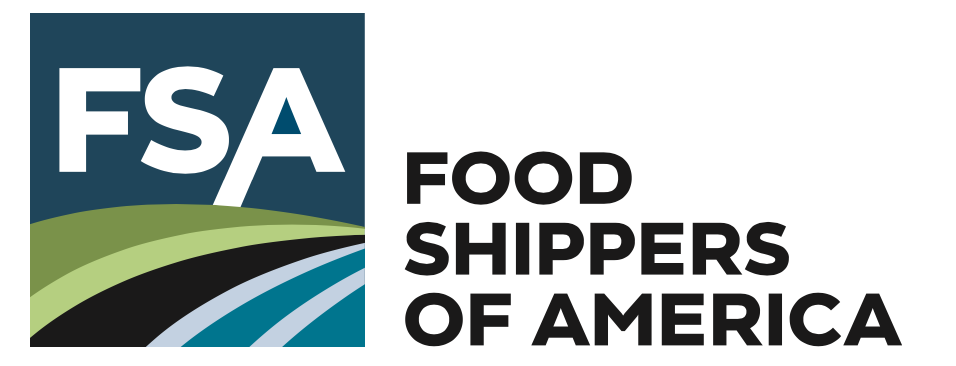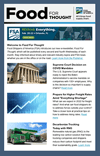Top Supply Chains of 2023 Balance Risk Control, New Growth Channels
by Staff, on Jun 2, 2023 3:12:03 PM

Food companies faced many challenges managing their business goals in a tumultuous 2022, but certain supply chains led the way with excellent results, according to the consulting firm Gartner Inc. Several companies involved in the food industry made the list, including food manufacturers PepsiCo, Nestle, AB InBev, The Coca-Cola Company, retailers Walmart, and food restaurant chain McDonald’s.
Gartner compiles its list by creating a composite score for each entrant that includes weighted ranks for: peer opinion (25%), Gartner Research opinion (25%), return on physical assets (ROPA) (15%), inventory turns (5%), revenue growth (10%), and environmental, social, and governance (ESG) component score (20%).
"The leading companies on our list are notable for pursuing new avenues of growth at a time when disruptions remain a near constant threat. The best supply chain organizations are embracing the moment by both pursuing growth, while also evolving more sophisticated risk management approaches,” says Mike Griswold, Vice President Team Manager with the Gartner Supply Chain practice.
Food companies can learn from the supply chain strategies of companies that aren’t even in the food industry. For example, the 167-year-old, Paris-based Schneider Electric claimed the top spot on Gartner’s annual “Global Supply Chain Top 25” list.
"Schneider Electric’s work embodies multiple trends we see among top supply chain organizations this year, such as embracing an ecosystem approach that has helped reduce the carbon footprint of some key suppliers by 10% in less than two years,” says Griswold. “Sustainability continues to be front and center for the members of our list, with 19 companies once again achieving perfect ESG scores.”
The list also honors sustained performance with its “Masters” category of companies that have attained top-five composite scores for at least seven out of the last 10 years. This year that includes Amazon, Apple, P&G, and Unilever, although none of them made the top 25 overall. Lower down in the rankings, the top-25 list also included four newcomers compared to last year’s class, including Tesla (14), AB Inbev (22), GlaxoSmithKline (24), and Dow (25).

Regardless of their specific placement, the top 25 and masters companies embraced three common trends:
1. Identifying and Capturing New Opportunities.
Supply chain leaders may feel caught between the CEO’s imperative to drive growth while their CFO seeks stability and a heightened focus on risk management amid a volatile economic environment. The best supply chain organizations are positioning themselves as a partner for growth, while also seeking to master supply chain risks.
2. Driving Individual and Collective Progress.
CSCOs are achieving high priority objectives by shifting from one-to-many networks to many-to-many ecosystems. These leaders are developing partnering and data sharing capabilities while shaping mindsets, and governance to build enterprise-, platform- and purpose-centric ecosystems founded on trust.
3. Transforming the Way Their Organizations Work.
Supply chain leaders are altering the ways employees approach their jobs by leveraging various technology solutions. These allow workers to maintain awareness of their environments through alerts and performance management, to boost productivity through physical and logical automation, and drive innovation and collaboration with others through connected platforms. Many of them consider the machines working alongside and in support of human workers to be an extension of their workforce.
PepsiCo: Production Efficiencies and Collaboration are Key
Let’s take a peek at some of the successes this last year at PepsiCo. To reduce production downtime, PepsiCo employs digital twins and AI in manufacturing to capture the real-time data needed to anticipate and resolve problems. To support and increase collaboration with retail partners, PepsiCo (with Pepviz) developed a suite of digital tools, including POS dashboards and real-time shelf scanning for stock status. PepsiCo is also deepening collaboration with suppliers, industry peers, software and robotics startups, and within agriculture. Several collaborations are aimed at regenerative agriculture principles designed to drive a more secure and sustainable food supply.
Walmart: Accelerating Impact on the Broader Ecosystem
What has Walmart accomplished in its supply chain initiatives to land on this year’s list? Walmart is driving initiatives with consequence for the entire retail industry and accelerating impact on the wider ecosystem — e.g., the implementation of RFID chips across the supply chain. Walmart recently announced large-scale investment in network automation across its distribution centers, supported by a push for RFID beyond apparel. Sam’s Club, a Walmart subsidiary, is looking to build on recent e-commerce sales growth by expanding its supply chain network, accelerating order fulfillment and reducing shipping cost.
Like this kind of content? Subscribe to our "Food For Thought" eNewsletter!
Now more than ever, professionals consume info on the go. Distributed twice monthly, our "Food For Thought" e-newsletter allows readers to stay informed about timely and relevant industry topics and FSA news whether they're in the office or on the road. Topics range from capacity, rates and supply chain disruption to multimodal transportation strategy, leveraging technology, and talent management and retention. Learn More



